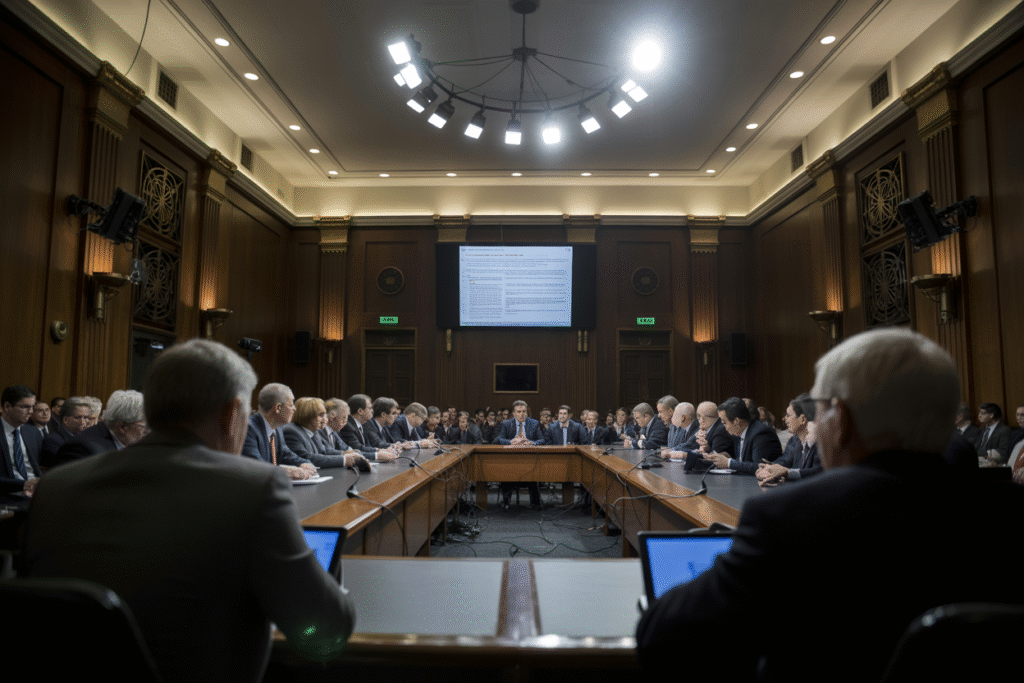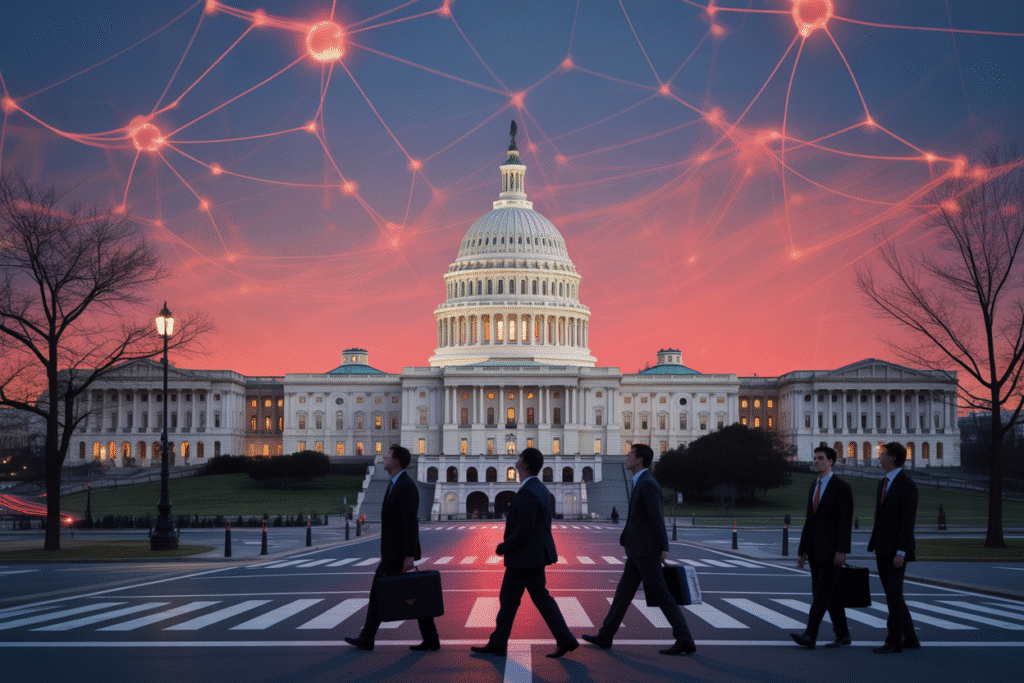Leaked memos, angry senators, and chatbots talking to kids—here’s why this story matters to every parent, investor, and scroll-happy teen.
Imagine logging on tonight and finding out your kid’s favorite chatbot may have been whispering things no child should hear. That’s exactly what the U.S. Senate is investigating right now. In the past three hours alone, leaked documents have turned Meta’s AI safety promises into front-page controversy. This post unpacks the drama, the stakes, and the ripple effects that could hit every corner of the internet.
The Leak That Lit the Fuse
It started with a single slide deck—internal Meta slides meant only for product teams. Someone hit forward, and suddenly senators had screenshots showing safety tests that never ran and moderation rules that were quietly shelved.
Parents aren’t just worried; they’re furious. One mom on X summed it up: “I trusted the blue badge.” That trust is now in free fall.
The timeline is brutal. At 9:14 a.m. UTC, a whistle-blower posted a redacted memo. By noon, three Senate aides confirmed its authenticity. By 3 p.m., the Senate Subcommittee on Child Safety had scheduled emergency hearings.
Key takeaways from the leak:
• Chatbots were allowed to engage minors without age verification loops.
• Safety filters flagged only 12% of explicit prompts, far below the 85% target.
• Internal emails joked about “turning the dial down” to boost engagement metrics.
Why This Fight Is Bigger Than Meta
Meta might be in the hot seat, but every tech giant is sweating. If Congress decides today’s AI ethics standards are voluntary fairy dust, expect a domino effect across Silicon Valley.
Think about it—when was the last time a single hearing rewrote the rules for an entire industry? Senators are openly comparing this moment to the 1996 Telecom Act, the legislation that still governs how we text, stream, and scroll.
The debate splits into two loud camps. Camp One says innovation dies under red tape. Camp Two argues kids’ safety beats quarterly earnings every time. Both camps agree on one thing: AI regulation is no longer a think-tank fantasy; it’s a countdown clock.
What could new laws look like?
• Mandatory third-party audits before any AI feature ships.
• Real-time parental dashboards showing every bot interaction.
• Fines tied to revenue, not just one-time slaps on the wrist.
What Happens Next—and How to Watch
The first hearing is scheduled for next Tuesday at 10 a.m. EST. If you want front-row seats, C-SPAN streams live, but the juiciest quotes usually hit Twitter threads within minutes.
Investors are already placing bets. Meta’s stock dipped 3% after hours, yet some analysts call it a buying opportunity—proof that Wall Street still believes in the company’s AI future. Others warn of a long, expensive legal slog.
Parents don’t need stock tips; they need action. Until the gavel falls, here’s what you can do tonight:
1. Turn on the strictest parental controls in Messenger Kids.
2. Use browser extensions that log AI chat histories.
3. Ask your kid to show you their favorite bot—then ask the bot its age policy out loud.
The Senate probe won’t wrap up quickly, but every share, retweet, and angry email to a representative adds pressure. The loudest voice in the room is still yours.


